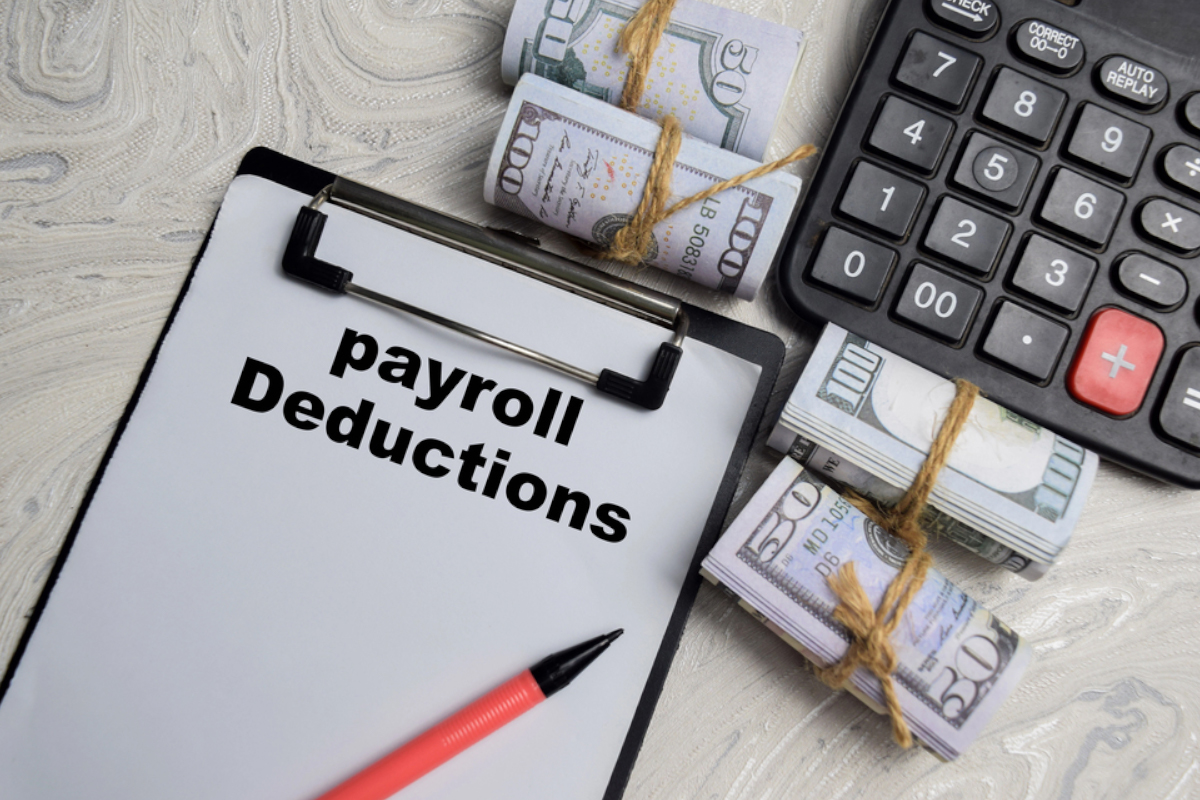
-
Posted By Sirmabekian
-
2025
-
0 Comments
Paychecks can sometimes show deductions that you did not authorize. These are called involuntary payroll deductions, and they are required by law or court order. As an employee, it is important to understand why money is taken from your wages and where it goes. Knowing the types of deductions helps you make sense of your paycheck and protect your financial rights.
Types of Involuntary Payroll Deductions
Taxes are the most common form of involuntary deductions. Federal, state, and local governments require employers to withhold income taxes as well as Social Security and Medicare contributions. If a person falls behind on taxes, the government may issue a tax levy to collect the debt directly from wages.
Child support orders are another frequent deduction. Courts may require employers to withhold a portion of a parent’s paycheck to provide for their child. This happens even if the parent does not agree with the order, and employers must comply with the court’s instruction.
Wage garnishments are deductions that come from a court judgment related to unpaid debts such as credit cards or medical bills. When a judgment is issued, your employer may be directed to withhold part of your wages to pay the creditor. This process continues until the debt is satisfied.
Bankruptcy repayment plans can also lead to paycheck deductions. Under Chapter 13 bankruptcy, a portion of your income may be automatically directed to repay creditors according to a plan approved by the court.
Student loan garnishments fall into this category as well. If federal student loans go into default, the government has the authority to garnish wages without first obtaining a court order. This allows federal agencies to collect overdue payments directly from your paycheck.
Legal Protections and Limits
There are laws that protect how much of your paycheck can be deducted. Under federal rules, no more than a set percentage of your disposable income can be taken for most garnishments. For example, child support usually takes priority, while other debts must fall in line after that.
Employers are required to follow strict instructions when these deductions occur. They must withhold the correct amount, pay it to the right agency or creditor, and keep accurate records. This system is designed to make sure deductions are applied fairly and according to the law.
Why This Matters to You
Understanding your paycheck is one of the best ways to take control of your income. Have you ever noticed a deduction you did not recognize? That is where knowing about these rules helps. By being aware of your rights, you can avoid surprises and know when to ask questions about what is being withheld.
These deductions may feel frustrating, but they have clear rules and limits. Knowing how they work gives you peace of mind and allows you to plan your finances better.
Protecting Your Paycheck with Legal Support
Understanding involuntary payroll deductions gives you clarity about why money is withheld from your paycheck and what limits apply. By knowing the rules, you can feel more confident when reviewing your wages and asking questions if something seems unusual. This awareness helps you stay in control of your income and plan your finances with greater certainty.
At Sirmabekian Law Firm, we recognize how stressful it can be when unexpected deductions appear on your paycheck. Our team focuses on employment law, and we are here to help you understand your rights and take action when needed. If you believe a deduction has been applied unfairly or you want guidance about your situation, contact us today at (818) 473-5003 or email contact@slawla.com to schedule your consultation.
 English
English Spanish
Spanish